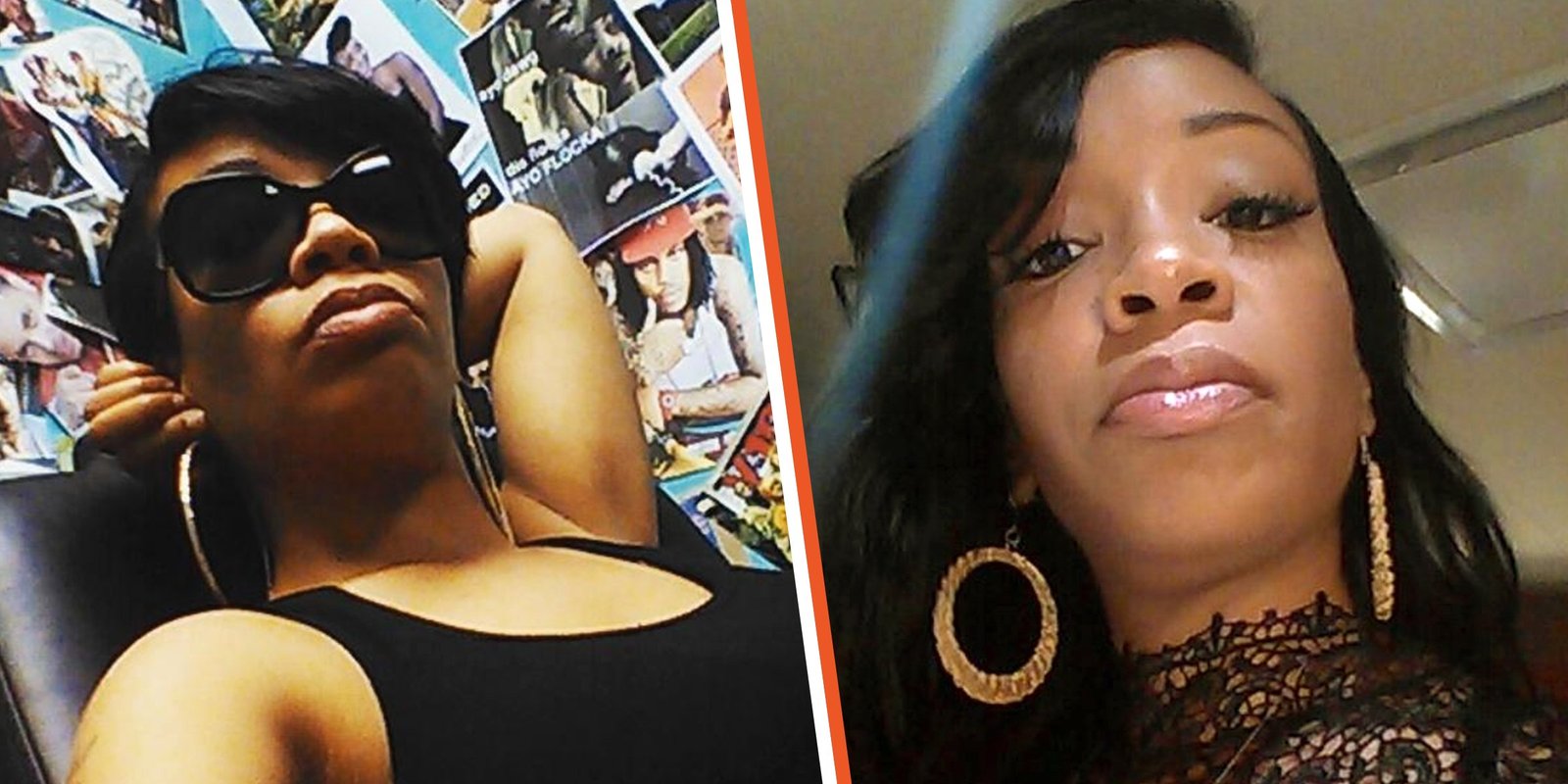After an auto accident, dealing with insurance adjusters can be one of the most challenging parts of the claims process. Insurance adjusters work for the insurance company, not for you, and their primary goal is to settle claims as quickly and cheaply as possible. Knowing how to handle conversations with insurance adjusters can significantly impact the outcome of your claim. In this blog, we’ll cover the best strategies for dealing with insurance adjusters and explain how an auto accident lawyer can protect your rights and help you secure a fair settlement.
Understanding the Role of Insurance Adjusters
Before diving into specific strategies, it’s helpful to understand the role of an insurance adjuster:
- Who They Are: Insurance adjusters are representatives of the insurance company, responsible for investigating accident claims, assessing damages, and negotiating settlements.
- Their Goal: While adjusters are supposed to investigate claims fairly, their primary goal is to minimize the amount the insurance company pays out. This means they may settle claims quickly and offer lower amounts than what you deserve.
- Their Tactics: Adjusters might ask leading questions, request recorded statements, or downplay the severity of your injuries to reduce the settlement amount.
Tips for Dealing with Insurance Adjusters After an Auto Accident
1. Be Cautious with Initial Conversations
When you first speak to an insurance adjuster, be careful about what you say:
- Limit What You Share: Provide only basic information about the accident, such as the date, time, location, and names of those involved. Avoid giving details about your injuries or the specifics of the accident, as adjusters might use this information to weaken your claim. Determining liability is a complex process, and admitting fault too early can hurt your chances of receiving fair compensation. Consulting with an auto accident lawyer in St. John’s, NL can help you navigate this process effectively.
- Request Time to Review: If an adjuster pushes you to accept a settlement quickly, ask for time to review the offer and consult with an auto accident lawyer if needed.
2. Don’t Provide a Recorded Statement
Insurance adjusters often ask for recorded statements, but you are not legally required to provide one:
- Why Avoid It: Adjusters may ask questions in a way that prompts you to make statements that could harm your case, even unintentionally. Recorded statements can be used against you during settlement negotiations.
- Politely Decline: If an adjuster asks for a recorded statement, politely decline and let them know you’ll provide a written summary of the accident later, ideally with the help of your attorney.
3. Document Everything
Keeping detailed records is critical to supporting your claim:
- Log Communication: Record the date, time, and content of every conversation you have with the insurance adjuster. Include the adjuster’s name, title, and contact information.
- Save Evidence: Retain copies of all emails, letters, and other correspondence from the insurance company. This documentation can serve as evidence if there are disputes about the settlement offer.
- Track Medical Expenses: Maintain detailed records of medical treatment, bills, and any expenses related to your recovery, as these will be necessary to calculate your total damages accurately.
4. Avoid Discussing Your Injuries in Detail
Insurance adjusters may ask about your injuries early in the process, but you should avoid discussing them in detail:
- Say You’re Still Evaluating: Inform the adjuster that you’re still undergoing medical evaluations and treatments, as some injuries may not be fully diagnosed immediately after the accident.
- Don’t Downplay Your Pain: Avoid statements like “I’m feeling better” or “I’m okay.” Even casual remarks can be used against you to downplay the severity of your injuries.
Conclusion
Dealing with insurance adjusters after an auto accident can be stressful, especially when trying to recover from injuries and manage the aftermath of the crash. By knowing what to say (and what not to say), documenting everything, and consulting with an auto accident lawyer, you can protect your rights and maximize your compensation. Remember, you are not obligated to accept the first settlement offer, and working with a lawyer can help ensure that your claim is handled fairly and thoroughly.
See Also: The Value of Routine Upkeep for Commercial HVAC Systems
FAQs
Q1: Do I have to talk to the other driver’s insurance adjuster?
A: While you may need to communicate with the other driver’s insurance company, you are not obligated to provide detailed information or a recorded statement. It’s best to consult with an auto accident lawyer before speaking with them.
Q2: Can I negotiate with the insurance adjuster on my own?
A: Yes, you can negotiate on your own, but having an auto accident lawyer can strengthen your case. Lawyers have experience dealing with insurance companies and can often secure higher settlements.
Q3: What should I do if the insurance adjuster offers a settlement right away?
A: Avoid accepting the first offer without consulting a lawyer. Quick settlement offers are often low and may not cover all your damages, especially if new injuries or costs arise later.
Q4: How much does it cost to hire an auto accident lawyer?
A: Most auto accident lawyers work on a contingency fee basis, meaning you only pay if they win your case. This makes it affordable to seek legal help, as fees come from a percentage of the settlement.



